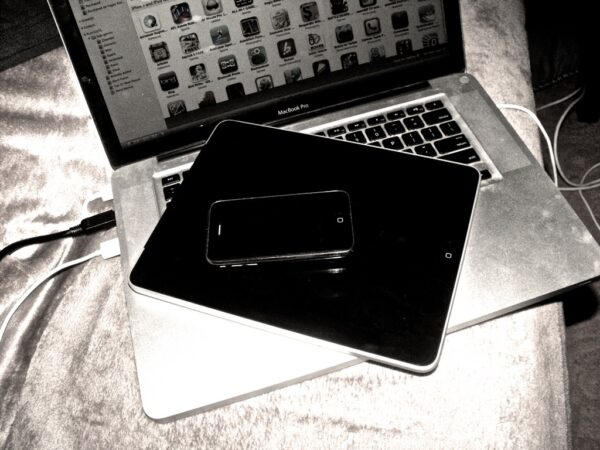
The answer to VUCA is SLAC: how businesses and individuals cope with disruptive environments
We live in a ‘VUCA’ world. Coined in a military context to describe the increasingly volatile, uncertain, complex and ambiguous conditions after the end of the Cold War in the 1990s, the term has recently shot to new relevance and fame. It is now used to portray business environments characterized by challenges from rapid technology developments, increasingly unpredictable political landscapes, or the effects of climate change. Together such developments lead to disruptive changes to markets and industries, invalidating established ways of doing business and tried-and-tested recipes for success. Importantly, disruption does not merely present as simple changes to existing business models, practices or skill sets. Rather, disruption changes the very basis on which we make sense of, give meaning to and understand our business and work-life practices.

Some examples might illustrate this. The emergence of devices such as the iPad has changed fundamentally not only how we consume media, learn or perform various business practices, but also more fundamentally our understanding of what a computer or phone is, what counts as a workplace, or what a business meeting looks like.
Similarly, the recent US election has defied expectations and fundamentally altered the landscape in ways that experts were unable to predict. And the unfolding climate change will fundamentally alter energy, transport and many other markets in ways that are impossible to foresee at present.
All this is captured in the VUCA term, with implications not only for organisations at large, but also for individuals and their skill sets. How then can we prepare for life and work in a VUCA world?
I have coined the acronym SLAC in response to the elements that make up VUCA:
- Volatility refers to the increasing pace of change and the ways in which it invalidates established business practices. The response for individuals and organisations is to embrace continuous Learning as a way to respond to new environments, adapt to novel situations and stay relevant in the market.
- Uncertainty refers to how disruptive change is path-breaking, meaning that future market conditions can no longer be reliably anticipated by forecasting from data about the past. Such a world requires Creativity from businesses and individuals in the sense that new business models and ways of responding to change must be actively created, they are not available as known ‘best practice’ or textbook recipes.
- Complexity refers to the fact that past problem solutions often no longer work in today’s disruptive environment, and that it is increasingly impossible to factor in all available information in decision making. The response is Agility. When it is no longer possible to solve problems with known approaches or devise clear plans for future outcomes, the answer lies in trusting the skills of employees and their ability to self-organize to iteratively arrive at favorable future solutions.
- Ambiguity refers to how disruption renders market environments unfamiliar, in that the rules of the game are rewritten: what used to be taken for granted needs re-thinking. The response is Sense-making – the ability to interpret and see the potential of new technologies, and to imagine what the world will be like as emerging change unfolds.
When brought into a nicer order my answer to VUCA spells out as SLAC: Sense-making, Learning, Agility and Creativity. We should expect individuals and organisations with these skills to do well in today’s disruptive environments.
This article was originally published in The University of Sydney Business School’s “Sydney Business Connect” magazine – October 2017 edition.
Kai Riemer is Professor of Information Technology and Organisation, and Director of Sydney Executive Plus at the University of Sydney Business School. Kai's research interest is in Disruptive Technologies, Enterprise Social Media, Virtual Work, Collaborative Technologies and the Philosophy of Technology.
Share
We believe in open and honest access to knowledge. We use a Creative Commons Attribution NoDerivatives licence for our articles and podcasts, so you can republish them for free, online or in print.







